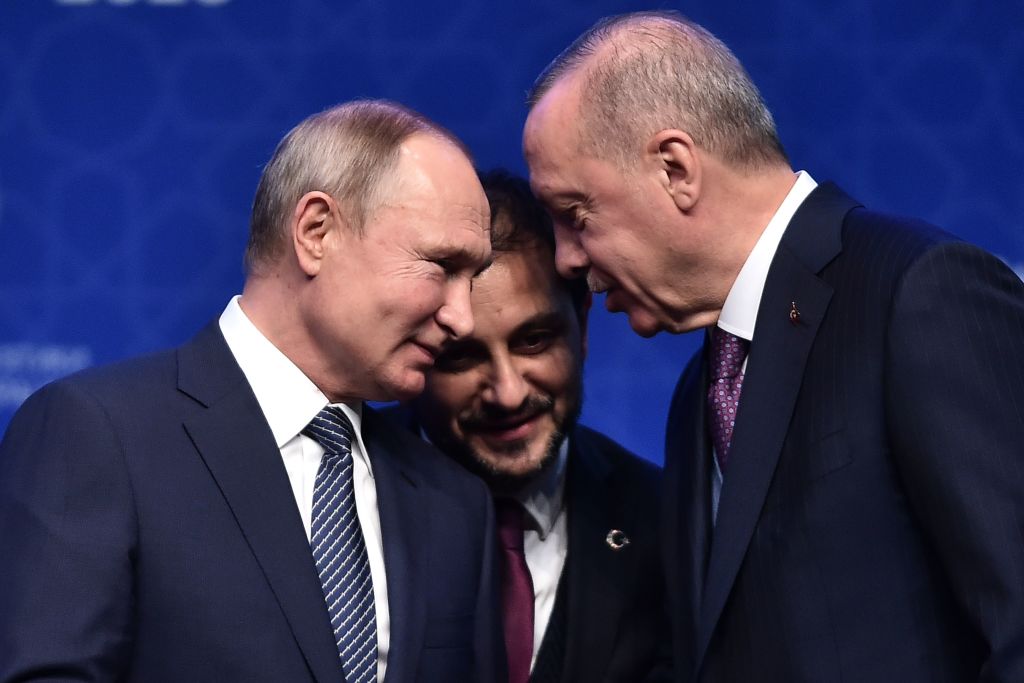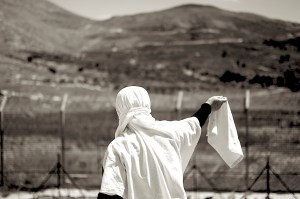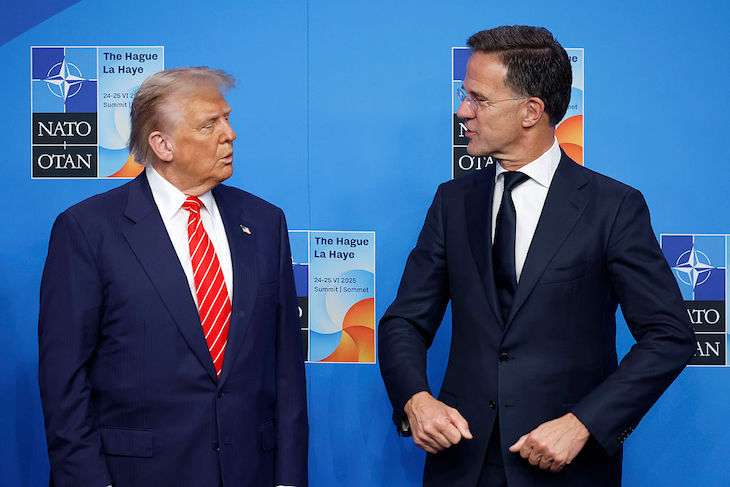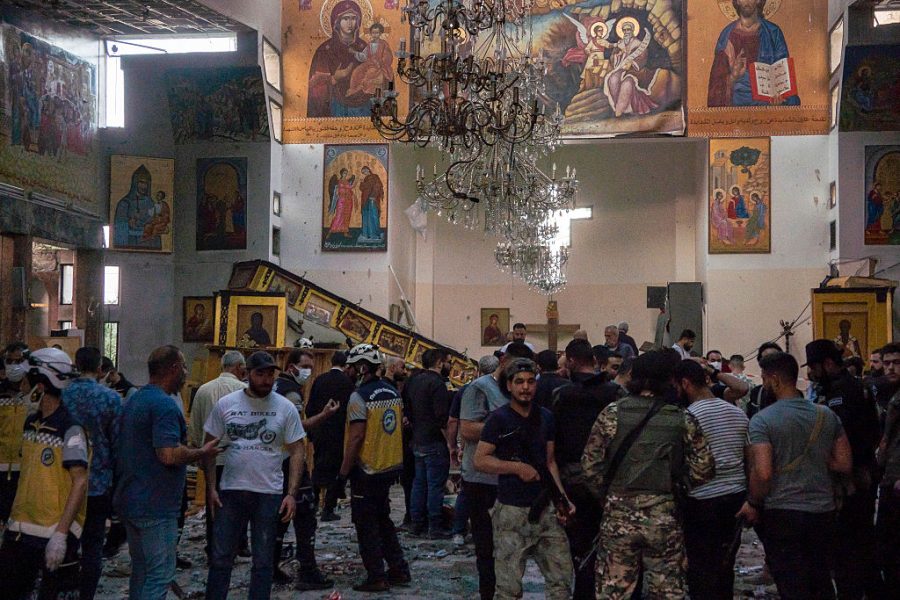To deter Russia from invading Ukraine, the US and its Western allies vociferously vowed unified and decisive action against Russia. Countries like Hungary and Turkey, which enjoy favorable relations with Russia, were a concern, as it was not clear whether they would join US-led sanctions against Russia. Turkey’s refusal to enforce these sanctions would be a significant lifeline for Russia and show division in the Western camp.
Turkey’s uncertain loyalties don’t come as a surprise. For one thing, Turkey is heavily dependent on energy imports from Russia. For another, Turkey has had a turbulent history with the Kremlin.
When Putin annexed Crimea back in 2014, Turkey only expressed meek disapproval, a stark departure from its historical strategic stance regarding Ukraine. Since the sixteenth century, Turkey has been involved in a dozen wars against Russia, most of which were caused over control of Crimea. Times have changed; so have Ankara’s priorities.
When Turkey shot down a Russian fighter jet on the Syrian border in 2015, the relationship between the two countries plunged to an all-time low. For months, Russian TV networks laid bare Turkey’s clandestine dealings with ISIS in Syria, and Moscow imposed sanctions on Turkey.
Two weeks before the bizarre military coup attempt in 2016, when all pro-NATO military officers were purged from the Turkish army, Turkey’s President Recep Tayyip Erdoğan apologized to Vladimir Putin and mended relations. Since then, the relationship has been so solid that Russia didn’t even do anything when their ambassador was killed in Ankara.
The relationship has since been elevated to a point where Erdoğan had to use Turkey’s already depleted reserves to buy expensive S-400 air defense systems from Russia. These were not operational with NATO’s integrated air defense systems and drew ire from the US and NATO. It was not even clear how Turkey would put them to use.
Weaning Turkey, NATO’s only Muslim ally, off of the West was an incredible success for Putin’s long-waged campaign to divide the Western security alliance.
When it comes to a sanctions regime against Russia, Turkey has yet to show a visible break from NATO’s stance and has been vocal about what it calls Russia’s “unjustified’” occupation of Ukraine. Turkey has treated the situation in Ukraine as a “war” — giving the country sufficient cause to block the passage of Russian warships from strategic straits Turkey is controlling.
But it is not enough. The war in Ukraine and possible control of the entire nation by Russia is a huge threat to Turkey’s own national security. Granted, Russia wouldn’t stage an assault on a NATO member Turkey, but an increased Russian presence in the Black Sea and Europe will hurt Turkey’s interests in the wider region.
If history is any guide, a lack of response to Russia’s invasion of its neighbors will only invite further aggressions. There are a few things Turkey can do in the short and long terms.
Turkey can return S-400 air defense systems. If Ankara is not going to show its solidarity with NATO today, when will it? It is possible that Russia may punish Turkey for this, but Moscow will be suffocated so much at the end of ongoing sanctions that it won’t choose to alienate Turkey, one of the few countries that is not openly confrontational with Russia. In addition, it is better to receive support from NATO than fear retaliation from Russia when it concerns security. NATO can easily make up for what Turkey would lose after returning S-400 systems.
Secondly, Turkey can close its airspace to Russian airliners. Turkey fears it may lose precious revenue from tourism that is instrumental in addressing its widening account deficit. Russians spend billions of dollars every year to revitalize Turkey’s coastline economy. At best, it is a misplaced concern. Russian tourists can easily find a way to come to Turkey through connecting flights from Central Asia or Iran. Besides, crippling sanctions will make it almost impossible for Russians to spend money in Turkey anyway. Closing Turkish airspace to Russian airliners will, however, tighten the noose around state-controlled corporations in Russia.
Ankara shouldn’t fear that Russia will punish Turkey for its energy dependence. Russia’s dependence on its sale of oil and natural gas is so significant, especially at a time when it desperately needs to export them, that Russia wouldn’t risk losing an important revenue stream by cutting off Turkey.
For a long-term solution, Turkey needs to minimize its dependence on Russian energy significantly. Speeding up its nuclear energy program, diversifying its import of energy resources and developing alternative and green electricity sources have become a national security issue.
NATO and the US should put more pressure on Turkey to increase the heat on Russia in exchange for enjoying security guarantees offered by NATO.
Crippling sanctions on Russia is a chilling signal to dictators around the world, including the Turkish president. It is a clear illustration of how successfully the West can spearhead global efforts to punish a country as big as Russia when it wants to.
Turkey must understand that its economy and security lies in the West, not with countries like China and Russia. It is inevitable that Turkey will have to make concessions to democratize its judicial system, respect rights and freedoms and quit arbitrarily doling out justice to non-loyalists.
Events in Russia have shown that doing business in unstable and undemocratic countries is a huge risk. As a credit-driven country, Turkey must assuage fears of foreign investors and corporations by making fundamental structural changes and reforming its institutions in line with Western standards.

























